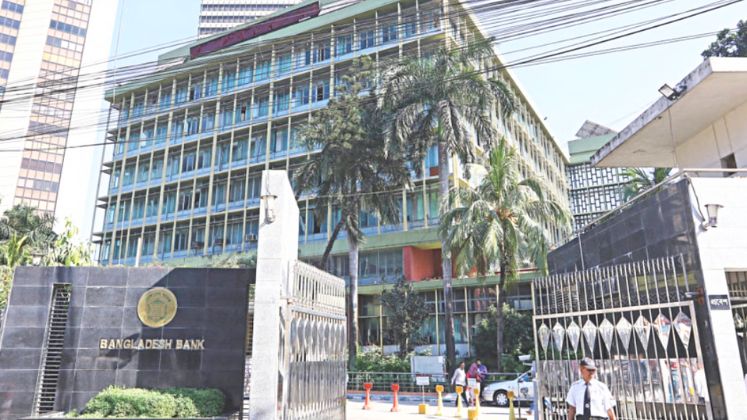
The Bangladesh Bank has once again called on financial institutions to clear overdue letters of credit (LC) payments, emphasising that failure to do so negatively impacts the nation’s banking reputation, raises foreign trade costs, and disrupts the trade environment. This directive follows similar instructions issued multiple times over the past five months.
In a circular, the central bank highlighted that overdue LC payments, which peaked at over US $ 445 million in November of the previous year, have been reduced to US $ 242 million as of 31st January, according to recent central bank data.
The central bank noted that delayed payment of import bills harms the image of the banking system and creates an unfavourable trading climate. To address this issue, banks are required to implement several measures to ensure prompt payment of overdue bills.
One key measure involves drafting a comprehensive action plan for overdue accepted bills, whether foreign or local, based on detailed reviews that consider litigation status and realisation clauses. Furthermore, banks must conduct performance evaluations on a branch-wise basis and introduce special monitoring for branches with a high volume of overdue bills.
In cases where bills are under litigation and cannot be paid, the supplier’s bank must be notified accordingly. Banks are also required to verify information through the Online Import Monitoring System when submitting monthly reports on overdue accepted bills.
All details related to submitted bills, including any discrepancies and payment information at authorized dealer branches, must be preserved and sent monthly to the relevant department at the head office. This directive is effective immediately, according to the Bangladesh Bank.






